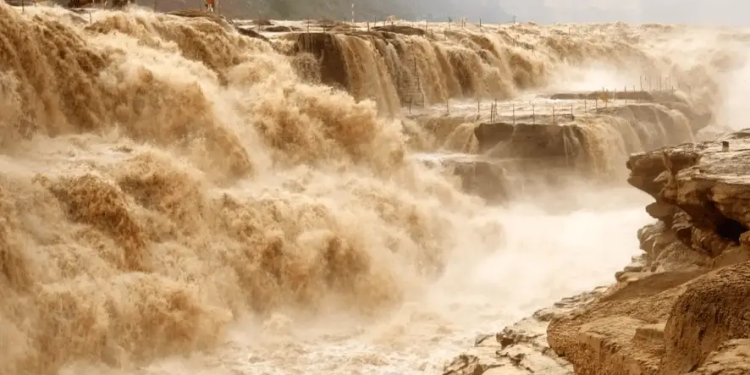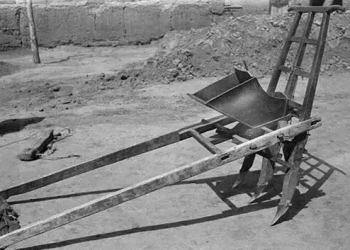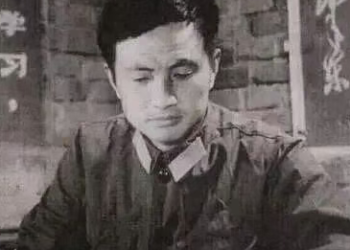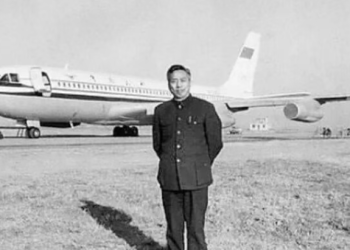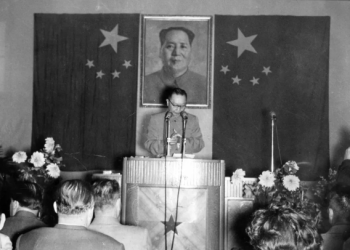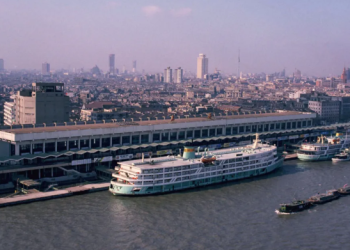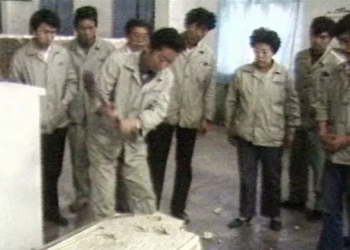They call it the Mother River.
Not because it is kind.
But because it is ancient, wild, and stubborn—
just like the people who live along its banks.
The Yellow River doesn’t whisper.
It roars. It floods. It gives and it takes.
Its waters are thick with silt, heavy with history, and filled with stories no book can hold.
This isn’t a river you cross lightly.
It’s a river that remembers.
Thousands of years ago, early farmers watched its flow and learned how to build.
Villages rose from its mud. Dynasties were born along its shores.
It witnessed the rise of the Xia, Shang, and Zhou.
It saw emperors crowned and empires fall.
But it also saw ordinary lives—
hands planting millet, feet crossing makeshift bridges, mothers washing clothes against stone.
To live by the Yellow River was to live by rhythm:
of rain, of drought, of fortune and fear.
It taught patience.
It taught humility.
It taught entire civilizations how to listen to the land,
and how to rebuild when it all washed away.
The river is not just water.
It is memory made liquid.
When my grandfather spoke of his village in Henan, he always began with the river.
How it flooded in 1938. How it saved the wheat in 1952.
How, even in the dry seasons, he would walk to its edge just to “hear home again.”
His voice would soften as he said this.
Because to him—and to millions of others—the Yellow River wasn’t a map line.
It was a mirror.
A reflection of who we were.
Of how far we had come.
Of what we carried forward and what we left behind in the mud.
Even today, the Yellow River flows through the heart of China like a long breath.
Winding past fields and smokestacks, temples and highways.
It no longer floods the way it used to.
The dams have tamed parts of it.
But its soul still pulses.
Stand near it, and you feel it—
not just water, but weight.
The weight of memory.
The weight of migration.
The weight of generations who loved and feared this river and called it home anyway.
One day, I hope to walk its banks myself.
Not just to see it, but to feel it.
To understand what it means to belong to a land that changes shape every year.
To hear the sound of my own past, not in a language, but in a current.
Because some places don’t need monuments.
They are the monument.
And the Yellow River is one of them.
A river that fed a nation.
A river that swallowed kings.
A river that remembers everything we’ve ever asked it to forget.
